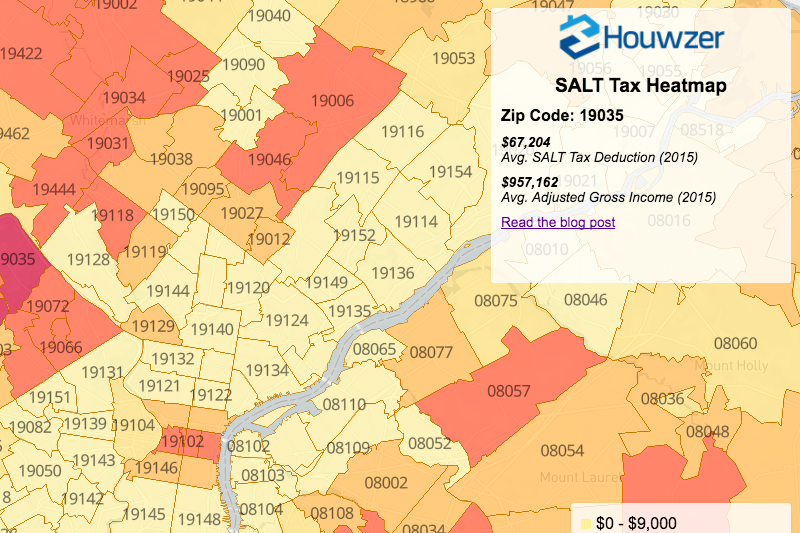This blog is the third in Houwzer Senior Economic Advisor Kevin Gillen's three-part research series examining how successful and beneficial the tax abatement program has been so far. Part one of the series examined the transaction volume after the abatements expired. Part two examined what happened to the properties' market values post-abatement. This final piece uncovers the disparity between what buyers paid for an abatement and its actual value, as well as the reasons behind the disparity.
Predicting home appreciation is a tricky thing. There are a number of factors involved – some of which can be foreseen and many that can’t be. Prior to 2009, real estate was appreciating rapidly at a historic rate of 10-20% annually. A 20% return on investment is both remarkable and largely unsustainable, but those shiny dollar signs lured in home buyers across the nation. With an overinflated view of the market, buyers began to cough up way more money than they should have, and in many cases way more than they could actually afford.
Dr. Kevin Gillen’s final tax abatement study found that those heightened expectations also caused many of the tax abated properties which sold in Philadelphia between 2000 and 2009 to be vastly overvalued. In fact, 70% of buyers paid a higher premium for the abatement than the abatement was actually worth. Since buyers were expecting their home’s value to continue to grow at those hefty rates, they believed the abatements would save them a great deal in property taxes over the next decade. And they did. But nowhere near the scale they gambled on.
In the set of properties Dr. Gillen analyzed, he found that buyers generally paid $1.75 for every $1 in actual value they received from the tax abatement. The median tax abatement was worth $34,729, but the median price paid for an abatement was $67,632. Did you catch that? The median buyer paid nearly $33,000 more than they should have for their tax abatement. At the higher end, some buyers overpaid for their abatements by more than $67,000.
Whether the Philadelphia tax abatement program should stay or go is up for debate – and it’s a rather heated one. As seen in PlanPhilly’s coverage of Dr. Gillen’s study, there are compelling arguments on both sides.
For now, the abatements are sticking around, adding another complexity to the process of estimating property values. Home buyers a decade ago had a distorted view of where the market was headed and those misconceptions proved costly. While no one knows what the future holds, our salaried Realtors are an invaluable asset to buyers trying to evaluate the worth of abated and non-abated properties. Having a knowledgeable, trusted partner beside you to help navigate the murky waters of homeownership will allow you to make an informed decision on your next home.
The biggest purchase of your life shouldn’t be a gamble. If you’re interested in buying or selling a home, schedule a free consultation with a Houwzer Realtor today.
Get Started
Gillen’s full report can be found here.



